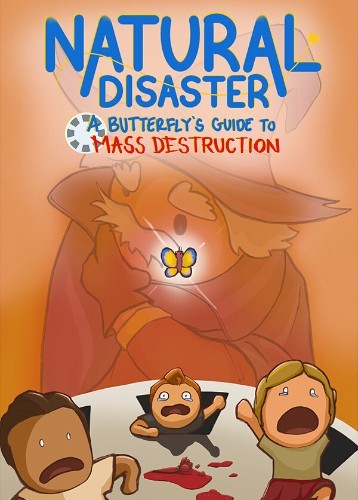"Infant Allergies to Pets: A Comprehensive Guide to Identifying, Managing, and Preventing Common Allergens"
Guide or Summary:Infant Allergies to PetsPet Allergens and Their Impact on InfantsIdentifying Pet Allergies in InfantsManaging Pet Allergies in InfantsPreve……
Guide or Summary:
- Infant Allergies to Pets
- Pet Allergens and Their Impact on Infants
- Identifying Pet Allergies in Infants
- Managing Pet Allergies in Infants
- Preventing Pet Allergies in Infants
Infant Allergies to Pets
As adorable as pets are, they can inadvertently trigger allergic reactions in infants. These reactions can range from mildly irritating to severe, potentially life-threatening. As parents and caregivers, it's crucial to understand the signs of pet allergies in infants, how to manage these allergies, and how to prevent them from occurring in the first place. This comprehensive guide will walk you through the intricacies of pet allergies in infants, offering valuable insights and practical advice to ensure the health and well-being of your little one.
Pet Allergens and Their Impact on Infants
Infants are particularly susceptible to pet allergies due to their developing immune systems. Common allergens found in pets include dander, saliva, and urine. When an infant comes into contact with these allergens, their immune system may overreact, leading to various allergic reactions.
Identifying Pet Allergies in Infants
Recognizing the symptoms of pet allergies in infants is essential for prompt intervention. Common signs include:
- Red, itchy, or watery eyes
- Runny or stuffy nose

- Sneezing
- Rash or hives
- Wheezing or difficulty breathing
If you suspect your infant has a pet allergy, it's important to consult with a pediatrician for a proper diagnosis and treatment plan.
Managing Pet Allergies in Infants
Managing pet allergies in infants requires a combination of strategies, including:

- Allergy shots: Immunotherapy can help reduce the severity of allergic reactions over time.
- Medications: Antihistamines and nasal corticosteroids can help alleviate symptoms.
- Avoidance: Keeping pets out of the infant's bedroom and ensuring they are thoroughly cleaned can help reduce exposure to allergens.
Preventing Pet Allergies in Infants
While it's impossible to completely eliminate the risk of pet allergies, there are steps you can take to minimize it:
- Choose hypoallergenic pets: Cats and dogs are the most common allergens, but some breeds are less likely to trigger allergies than others.

- Regular grooming: Brushing pets regularly can help reduce the amount of dander they shed.
- Maintain a clean environment: Vacuum regularly, use air purifiers, and keep pets off upholstered furniture and bedding.
In conclusion, pet allergies in infants can be challenging to manage, but with the right knowledge and strategies, it's possible to keep your infant comfortable and healthy. By identifying the signs of pet allergies, implementing effective management techniques, and taking preventive measures, you can help ensure a safe and enjoyable environment for your little one. Remember, always consult with a healthcare professional for personalized advice and guidance regarding your infant's health.